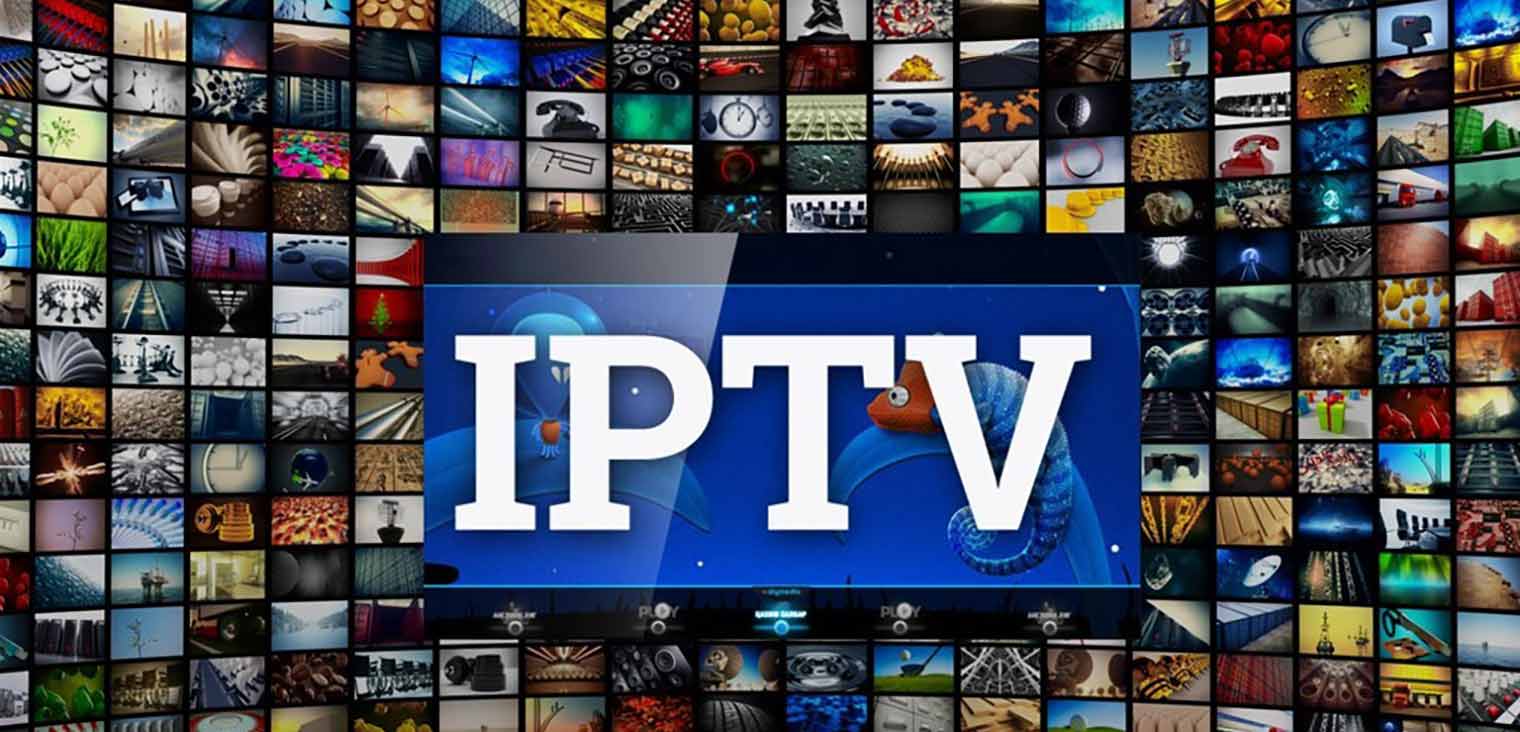The world of digital entertainment has evolved considerably over the past decade, with two primary delivery methods gaining massive traction: Best IPTV (Internet Protocol Television) and OTT (Over-The-Top). Both have revolutionized the way we consume television, movies, and live events, but they each operate differently and come with their own unique sets of advantages and limitations. The question arises—Is IPTV better than OTT? Let’s delve into both technologies to explore their differences, benefits, and potential drawbacks to help you decide which one is the better choice for your entertainment needs.
What is IPTV?
IPTV (Internet Protocol Television) refers to the delivery of television content through the internet, rather than via traditional satellite or cable. IPTV is typically provided by a service provider, and users subscribe to packages that offer access to various TV channels, on-demand content, and live broadcasts. IPTV can be streamed through a dedicated set-top box, smart TV, or compatible device.
There are three main types of IPTV services:
- Live IPTV: Broadcasting real-time television channels over the internet.
- VOD (Video on Demand): On-demand movies, shows, and other content that you can watch whenever you want.
- Time-shifted IPTV: Services that allow users to catch up on missed broadcasts and even record content for future viewing.
What is OTT?
OTT (Over-The-Top) is a broader term that refers to content services delivered over the internet without the need for a traditional cable or satellite subscription. Unlike IPTV, OTT services generally do not rely on a central provider. Instead, users can access services like Netflix, Amazon Prime Video, Hulu, Disney+, and YouTube on a wide range of devices (smartphones, tablets, laptops, smart TVs, etc.) without needing a cable or satellite connection.
OTT is not restricted to just TV shows and movies; it can also include other types of media like music, podcasts, and even gaming. OTT services typically rely on subscription-based models or free, ad-supported content.
Key Differences Between IPTV and OTT
- Content Delivery:
- IPTV: Delivers content via private internet infrastructure managed by an IPTV provider. Users typically need a subscription that includes a fixed package of channels, live TV broadcasts, and on-demand content.
- OTT: Provides content over the public internet without relying on a specific service provider. Users access the content via third-party platforms (e.g., Netflix, YouTube, Hulu), and they are not tied to any particular package or channel lineup.
- Subscription Model:
- IPTV: Often involves a fixed subscription model where users pay for a bundle of channels, much like traditional cable TV. Some IPTV services also offer add-ons or premium content.
- OTT: Typically operates on a subscription-based model, with some platforms offering both free and paid tiers. Some OTT services (like YouTube) are ad-supported, while others (like Netflix) are entirely subscription-based.
- Device Compatibility:
- IPTV: Generally requires specific devices, such as set-top boxes or smart TVs that support the IPTV platform. This makes the setup a bit more rigid compared to OTT services.
- OTT: Extremely versatile and can be accessed on almost any device with an internet connection, including smartphones, tablets, laptops, and smart TVs. The content is streamed directly through apps or websites, offering much more flexibility.
- Quality of Service:
- IPTV: IPTV is often optimized for television viewing, offering high-quality streams with minimal buffering. Since IPTV runs over private networks, service providers can ensure a more stable and consistent experience.
- OTT: While OTT services can deliver high-quality content (HD, 4K, etc.), the user experience can be impacted by internet speed, bandwidth limitations, and the quality of the device being used. Buffering and lag are common issues, especially if the internet connection is unstable.
Is IPTV Better Than OTT?
The answer to this question depends on what you’re looking for in your entertainment service. Let’s examine the pros and cons of both IPTV and OTT to help you determine which is the best fit for you.
Benefits of IPTV:
- Comprehensive TV Experience: IPTV often provides a more traditional television experience. You get access to live TV channels, sports events, and real-time broadcasts, which makes it ideal for people who are used to cable or satellite TV.
- Stability and Reliability: Since IPTV services use private infrastructure, they can offer more stable streams and reduced buffering. This can be especially important for live TV and sports broadcasts.
- Multiple Packages and Add-Ons: Many IPTV providers offer different subscription packages that cater to specific needs, such as premium sports channels or international content. This flexibility allows users to customize their TV experience more extensively than with OTT.
- Better for Large Households: IPTV often supports multiple devices streaming different content simultaneously. If your household has many viewers with diverse preferences, IPTV might be better suited to handling multiple streams at once.
Benefits of OTT:
- Wide Accessibility and Convenience: OTT services are accessible on virtually any internet-enabled device, which makes them extremely convenient for users who want to watch content on the go or across multiple devices. Whether you’re at home or traveling, OTT services are available at your fingertips.
- Freedom of Choice: With OTT, you have the freedom to choose the content you want to watch, rather than being restricted to a set package of channels. You can opt for a single subscription to a specific streaming platform (e.g., Netflix) or access multiple services for a broader variety.
- No Long-Term Contracts: OTT services typically do not require long-term contracts, which gives you the flexibility to cancel or switch services at any time. This contrasts with IPTV services, which may require longer commitments.
- Cost-Effectiveness: OTT tends to be more affordable than IPTV. You can select exactly the services you want, which means you can avoid paying for a bundle of channels that you don’t need. Additionally, many OTT platforms offer free content or ad-supported tiers.
Which is Better: IPTV or OTT?
- IPTV is ideal for users who want a traditional TV experience with live broadcasting, more stable streams, and the option for premium channel packages. If you are someone who watches a lot of live TV or sports, IPTV might be the better option.
- OTT is better for users who value flexibility, convenience, and a wider range of content choices. It’s perfect for on-the-go viewing, cord-cutters, or anyone who prefers on-demand streaming of movies and TV shows.
Conclusion
Both IPTV Services and OTT offer distinct benefits depending on your viewing habits. IPTV excels when it comes to providing a comprehensive, stable, and traditional television experience, whereas OTT shines in offering flexibility, affordability, and content diversity. Ultimately, the choice between IPTV and OTT comes down to your personal preferences—whether you prioritize live TV and sports or on-demand streaming and device versatility.
TEKCOOL Wall Clock 12" Silent Quartz Decorative Latest Wall Clock Non-Ticking Classic Clock Battery Operated Round Easy to Read for Room/Home/Kitchen/Bedroom/Office/School- (Grey Gold)
₹545.00 (as of 23 February, 2025 11:35 GMT +05:30 - More infoProduct prices and availability are accurate as of the date/time indicated and are subject to change. Any price and availability information displayed on [relevant Amazon Site(s), as applicable] at the time of purchase will apply to the purchase of this product.)12 Pack Wall Hooks for Photo Frames, Adhesive Wall Hook, Hooks for Wall Heavy Items, Wall Hanger Hook, Nail Hook for Wall Hanging Without Drill, Wall Nails for Hanging Frame Sticker no Drilling
₹184.00 (as of 23 February, 2025 11:35 GMT +05:30 - More infoProduct prices and availability are accurate as of the date/time indicated and are subject to change. Any price and availability information displayed on [relevant Amazon Site(s), as applicable] at the time of purchase will apply to the purchase of this product.)HOUSEGOODS Premium 304 Steel Chopping Board for Kitchen, Made by Tata Stainless Steel, Rust-Free Cutting Board, Non-Slip, Anti-Bacterial, Chef Approved, Ideal for Vegetables, Fruits, Meat 35cm x 25cm
₹685.00 (as of 23 February, 2025 11:35 GMT +05:30 - More infoProduct prices and availability are accurate as of the date/time indicated and are subject to change. Any price and availability information displayed on [relevant Amazon Site(s), as applicable] at the time of purchase will apply to the purchase of this product.)One94Store Smart Night Sensor Light Bulb | Automatic ON/Off Dim LED | Energy-Efficient | Daily Use for Home Stairs, Kitchen, Bathroom, Wardrobe (Warm White) - Pack of 2
₹179.00 (as of 23 February, 2025 11:30 GMT +05:30 - More infoProduct prices and availability are accurate as of the date/time indicated and are subject to change. Any price and availability information displayed on [relevant Amazon Site(s), as applicable] at the time of purchase will apply to the purchase of this product.)Storite 2 Pack Moisture Proof Nylon Large Size Underbed Storage Bag For Clothes (54 x 46 x 28 cm) - Black, Rectangular
₹449.00 (as of 23 February, 2025 11:30 GMT +05:30 - More infoProduct prices and availability are accurate as of the date/time indicated and are subject to change. Any price and availability information displayed on [relevant Amazon Site(s), as applicable] at the time of purchase will apply to the purchase of this product.)Discover more from The General Post
Subscribe to get the latest posts sent to your email.





